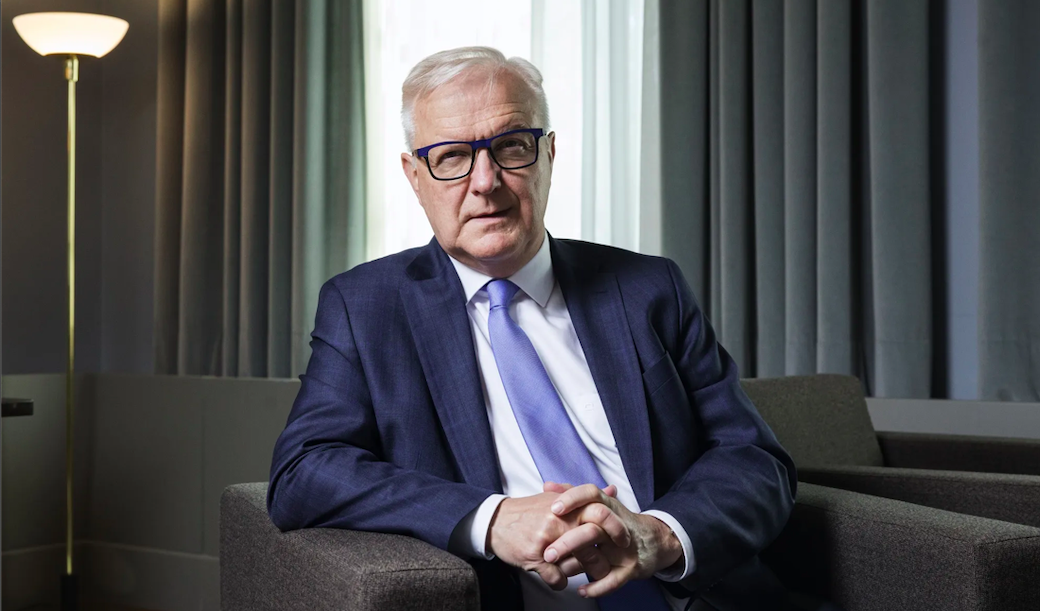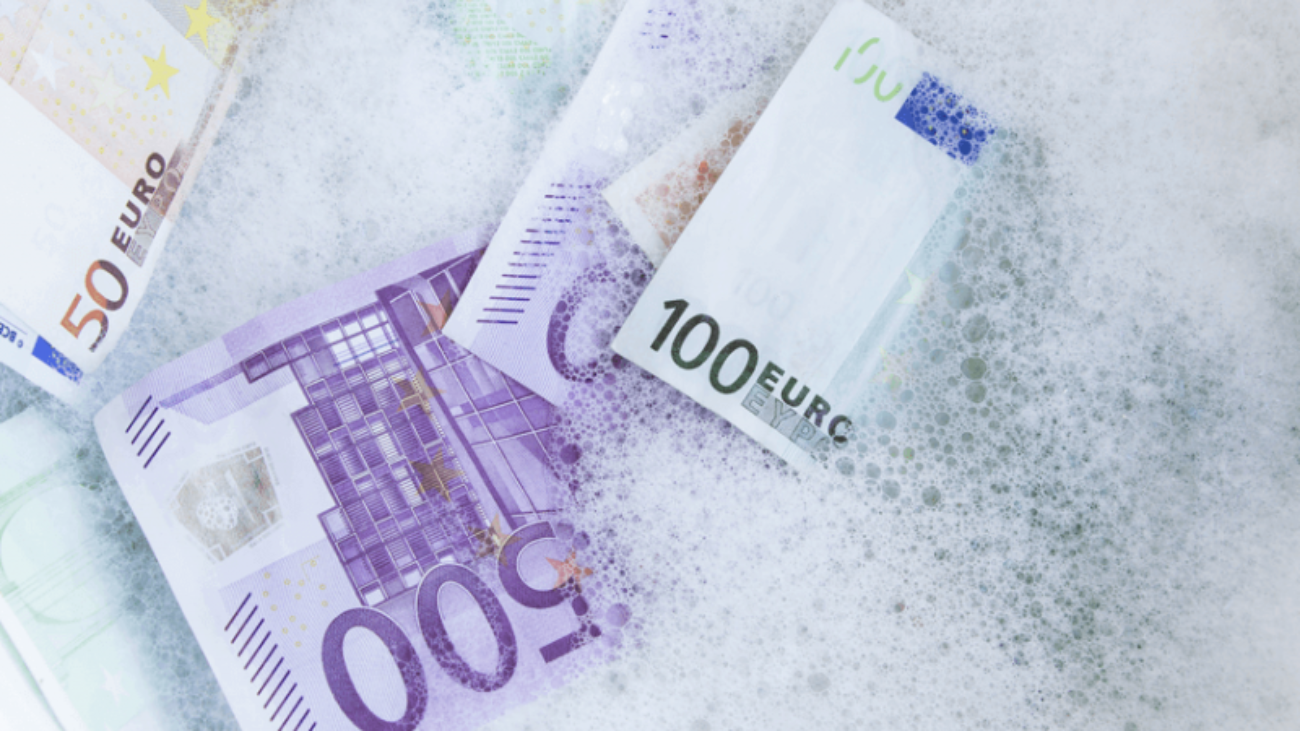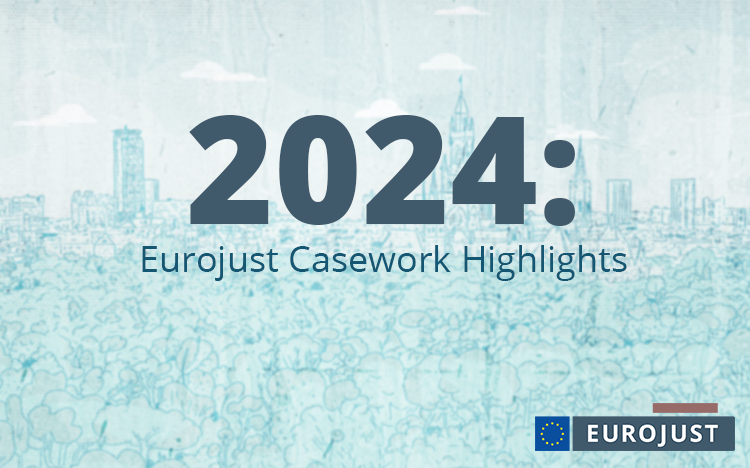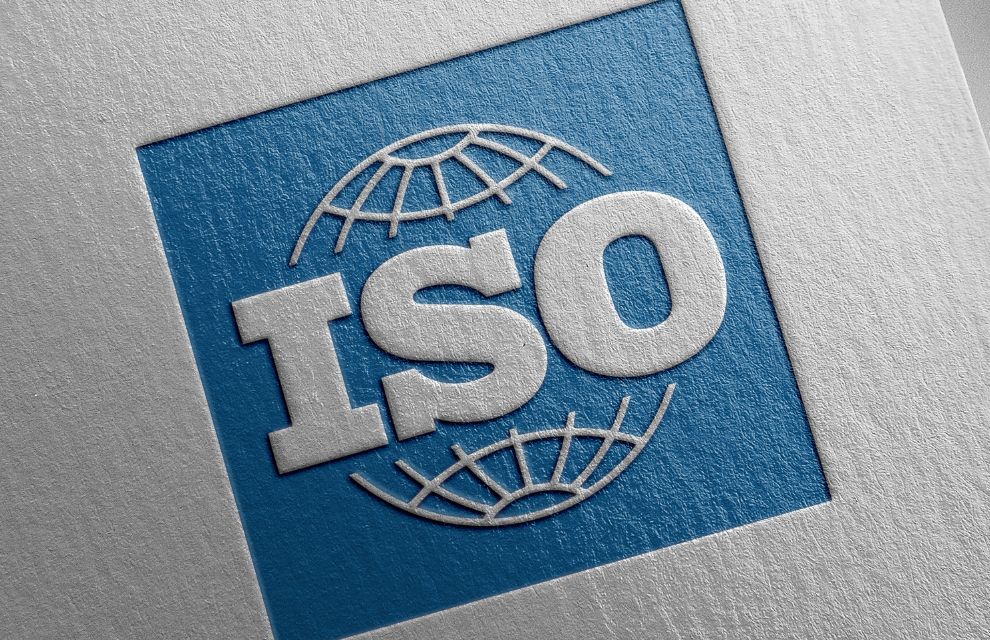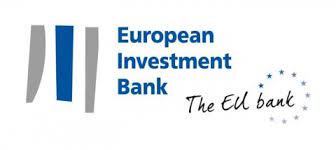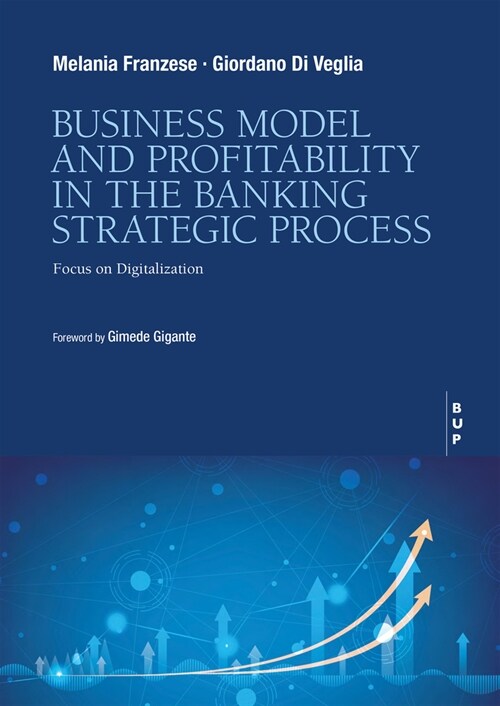A timely build-up of capital buffers that can be released in times of stress is essential for financial stability. One way to achieve this is by setting a positive countercyclical capital buffer (CCyB) rate early in the cycle when cyclical systemic risks are neither subdued nor elevated. Understanding how authorities can apply this “positive neutral” approach is essential to advancing the use of the CCyB. The European Central Bank (ECB) and the European Systemic Risk Board (ESRB) has published a joint report aimed at deepening our knowledge of the implementation of positive neutral approaches to setting the CCyB in the European Economic Area (EEA). Continue reading…
Gone are the days when organisations could simply promise a speak up culture. Today, fostering a culture of trust, integrity, and a positive work environment…
Download whitepaper
